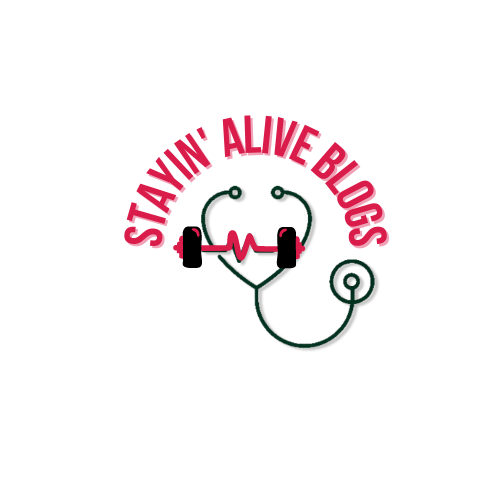Spread the love
In the rapidly evolving realm of healthcare and new technological advancements, the question often arises: can AI truly replace nurses? While Artificial Intelligence (AI) has made significant strides recently in various industries, including healthcare, there are compelling reasons why AI can never completely replace nursing jobs. In this blog, we’ll explore five concrete reasons why nurses remain essential in healthcare.
- Human Connection and Empathy: Nursing, at its core, is a human-centered profession that thrives on empathy and meaningful interpersonal connections. When individuals are unwell or in distress, they require more than just medical treatment; they need genuine compassion and reassurance. Nurses excel in bridging this gap by offering authentic empathetic connections. AI, with all its computational prowess, cannot replicate the warmth of a human touch or the comforting assurance of a compassionate nurse.
- Informed Decision Making: Nursing professionals undergo rigorous training to assess complex patient scenarios and make critical decisions in real-time. They possess an exceptional ability to adapt swiftly to unexpected changes and foresee potential outcomes. While AI can aid healthcare professionals by processing extensive datasets and performing intricate calculations, it lacks the quintessential element of clinical judgment. The nuanced instinct and adaptability displayed by nurses in medical decision-making are unparalleled.
- Emergency Response and Crisis Management: A nurse’s capacity to correlate patient data, encompassing vital signs, urine output, and lab values etc, with the patient’s overall presentation is an invaluable skill. Often referred to as the “sixth sense” in nursing, experienced professionals can anticipate outcomes and make life-saving decisions through critical observation. AI may process data expeditiously, but it cannot replicate this innate intuition.
- Patient Advocacy: Patient advocacy stands as one of the pillars of nursing. Nurses frequently serve as the voice for patients who may not be able to advocate for themselves. In cases where patients lack family support, they depend on nurses to articulate their needs. Nurses shine in building robust interpersonal relationships with patients, enabling them to gain profound insights into each patient’s unique requirements. Effective communication, a cornerstone of nursing, encompasses explaining and simplifying treatment plans, extending emotional support, and collaborating with other healthcare professionals. These are areas where nursing professionals excel and where AI inevitably falls short.
- Ethical and Moral Dilemmas: Patient care is a complicated process fraught with ethical and moral complexities. Nursing professionals are trained to engage in intricate dialogues with patients and their families, aiding in decisions that align with the patient’s values and preferences. Instances such as end-of-life care often pose emotional challenges, particularly when family members hold varying perspectives. Nurses possess the adeptness required to navigate families through these demanding circumstances, offering guidance, support, and empathy—qualities that AI cannot authentically replicate.


